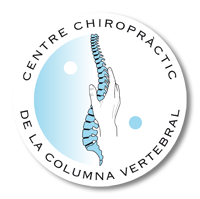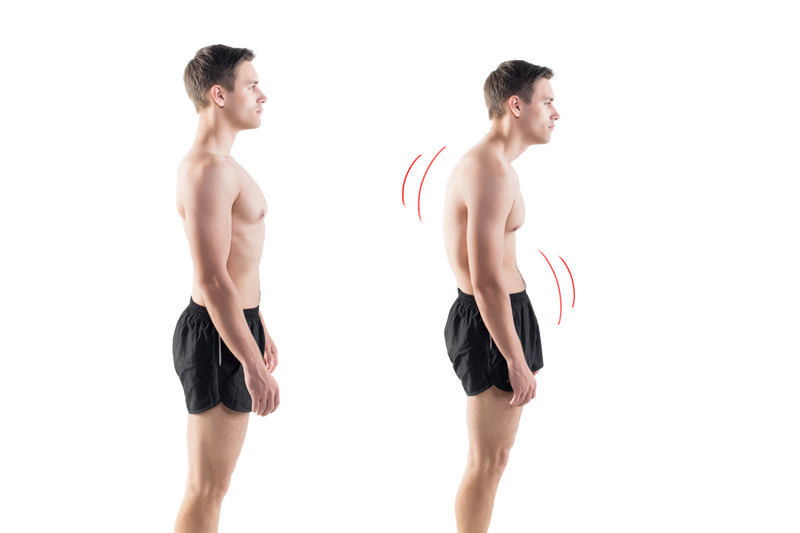Problems of… Kyphoscoliosis
These conditions can develop as a result of some disorders or being congenital…
What does kyphosis or kyphoscoliosis mean?
Kyphosis is an alteration that affectsthe spine and that has specific characteristics based on the state of the spinal curve too far forward, that is to say, a bad curved posture.
It can be combined with a scoliosis, in this case it is calledcongenital Kyphoscoliosis or acquired kyphoscoliosis.
Problems of Kyphosis and its symptoms
Symptoms of kyphosis or kyphoscoliosis may be painful, or totally painless, more or less severe, depending on the level of the problem affecting the spine, and it can also be produced by incorrect posture, trauma, deviation, displacement or not treated subluxation.
Possible causes
The causes of this condition are diverse, and they can be of mechanical origin. But it could also be caused by rickets, tuberculosis, fractures or musculoskeletal conditions in general, and as we have mentioned before, it may be associated with other disorders, trauma and subluxations that are very important to know how to recognize.
Step by step treatment
If there is Kyphosis or kyphoscoliosis, your doctor of Chiropractic will look for the origin of this pathology. If it is of biomechanical origin, he will treat it and avoid habitual relapses in your daily life. When acquiring bad postures, for instance, sitting next to the computer or when using your mobile phone, your chiropractor will detect and correct any dysfunction, delaying the aging of the spine, which will be faster in the presence of kyphoscoliosis. In the event that the problem is not of mechanical origin, he will direct you to the specialist that is the most pertinent for your specific case.
CONTRAINDICATED TO SIT
In the first 10 to 15 minutes after your visit it is contraindicated to sit down.
During this period of time it is necessary to walk to mobilize the joints that we just release and walking also facilitate better joint lubrication and nutrition of the intervertebral discs.
IN THE NEXT 24 HOURS
During the next 24 hours following the first sessions avoid any excessive effort.
Otherwise, the effectiveness of the adjustment received will decrease.
BEFORE AND AFTER
Before and after every visit, avoid all kinds of tension.
Both physical and mental. The more relaxed you are the more benefit you will get from your treatment.
THE APPOINTMENTS
The set appointments must be respected.
They have been established to obtain the best results.
AFTER AN ADJUSTMENT
The sensations that each person may experience after an adjustment may vary without affecting the result and benefit of the treatment in the medium and long term.
After an adjustment, you may experience a feeling of relaxation, having a lot of energy, general well-being, disappearance or relief of symptoms, soreness or pain.
You may sometimes even experience discomfort since the body has to adapt to the new posture and position.
Links of interest
Articles about Kyphoscoliosis




